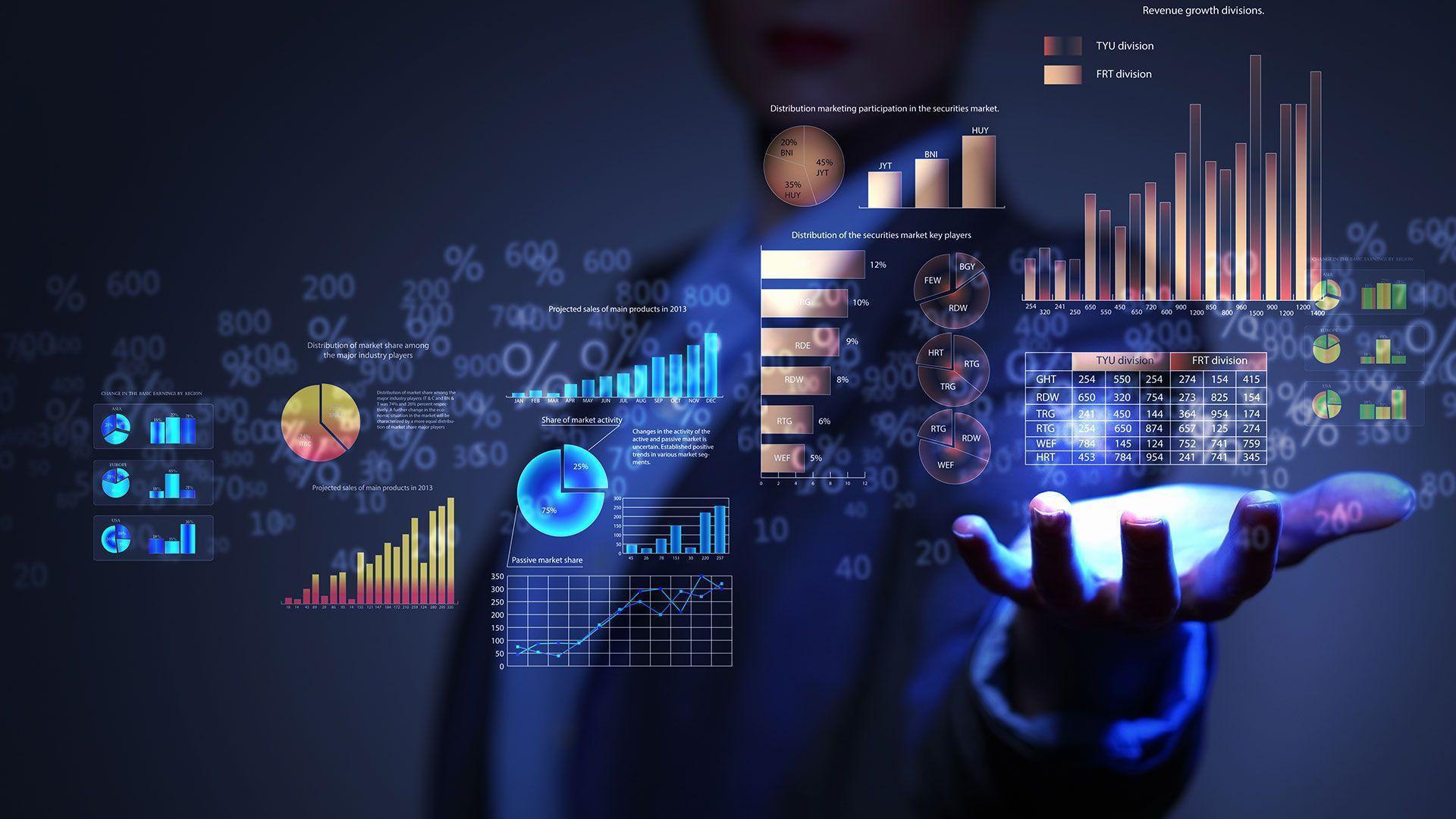What Is Trading?
- Home
- What Is Trading?
What Is Trading?

Trading is the process of buying and selling financial assets�such as stocks, currencies, commodities, or cryptocurrencies�with the aim of making a profit. It is one of the oldest and most dynamic ways to grow wealth, and it plays a vital role in how global markets function.
In its simplest form, trading involves purchasing an asset at a lower price and selling it at a higher price. The difference between the buying price and the selling price is the trader�s profit. However, in today�s modern markets, trading goes far beyond just buying low and selling high�it involves strategies, analysis, timing, and often automation.
The Core Types of Trading
Trading can be grouped into different types, depending on the asset being traded and the approach used. The most common categories include:
-
Stock Trading � Involves buying and selling shares of companies listed on a stock exchange.
-
Forex Trading � Centers around trading global currencies like USD, EUR, or GBP in pairs, based on fluctuations in exchange rates.
-
Crypto Trading � Focuses on trading digital assets such as Bitcoin, Ethereum, and other altcoins.
-
Commodities & Derivatives � Includes assets like gold, oil, or futures contracts that derive their value from underlying markets.
Each type of trading has its own market behavior, risk level, and learning curve. Some traders specialize in one area, while others diversify across several.
Trading vs. Investing
While often used interchangeably, trading and investing are not the same.
-
Investing is typically long-term and focuses on gradual wealth accumulation. Investors buy assets with the intention of holding them for months or years, often based on the intrinsic value of the asset.
-
Trading, on the other hand, is more short- to medium-term. It relies heavily on market timing, trends, and analysis. Traders may open and close positions in minutes, hours, or days, aiming to profit from price movements rather than long-term growth.
How Do Traders Make Decisions?
Successful trading is a skill that combines analysis, risk management, discipline, and sometimes, the support of technology. Traders often rely on:
-
Technical Analysis � Studying charts, price patterns, and market indicators to predict future price movements.
-
Fundamental Analysis � Analyzing economic news, company reports, or market sentiment to evaluate the true value of an asset.
-
Risk Management � Setting stop-loss orders, trade limits, and position sizing to control potential losses and protect capital.
-
Strategy � Traders often use predefined systems or strategies that guide when to enter or exit trades based on tested rules.
Some traders also use automated tools, trading bots, or copy trading platforms to enhance consistency and efficiency in their operations.
Who Can Become a Trader?
Anyone with internet access and a funded account can start trading today. However, success in trading does not come from luck�it comes from understanding the markets, managing risks, and building the right mindset. Emotional discipline, continuous learning, and strategic decision-making are all crucial traits of successful traders.
In recent years, platforms like ours have made trading more accessible to everyday individuals through tools like copy trading, which allows users to replicate the trades of more experienced professionals. This bridges the gap for beginners and busy investors who want to participate in the markets without mastering complex analysis.
The Risks of Trading
While trading offers the potential for significant gains, it also carries risk. Market volatility can lead to unexpected losses, and even seasoned traders can experience losing streaks. This is why risk management and education are essential. No trading system guarantees profits, and anyone participating in trading should do so with caution and responsibility.
It�s important to start small, use proper tools, and never invest money you cannot afford to lose.
Why Learn Trading Today?
Trading empowers individuals to take control of their financial future. In a rapidly evolving world where traditional jobs and systems are being disrupted, understanding how markets work is becoming a crucial life skill. Whether you want to trade actively, invest long-term, or simply understand where your money is going, learning how trading works opens up opportunities for growth, independence, and smarter financial decisions.
Categories
- Background
- What Is Trading?
- Copy trading FAQs
- Legal & Compliance
- Trader Agreement
- Cookie Policy
- Disclaimer
- Refund & Withdrawal Policy
- Trust & Compliance Statement
- Platform Ethics & Operational Transparency
- Platform Ethics & Operational Transparency
- Privacy Policy
- Terms and Policy
- Terms and policies
- FAQ


